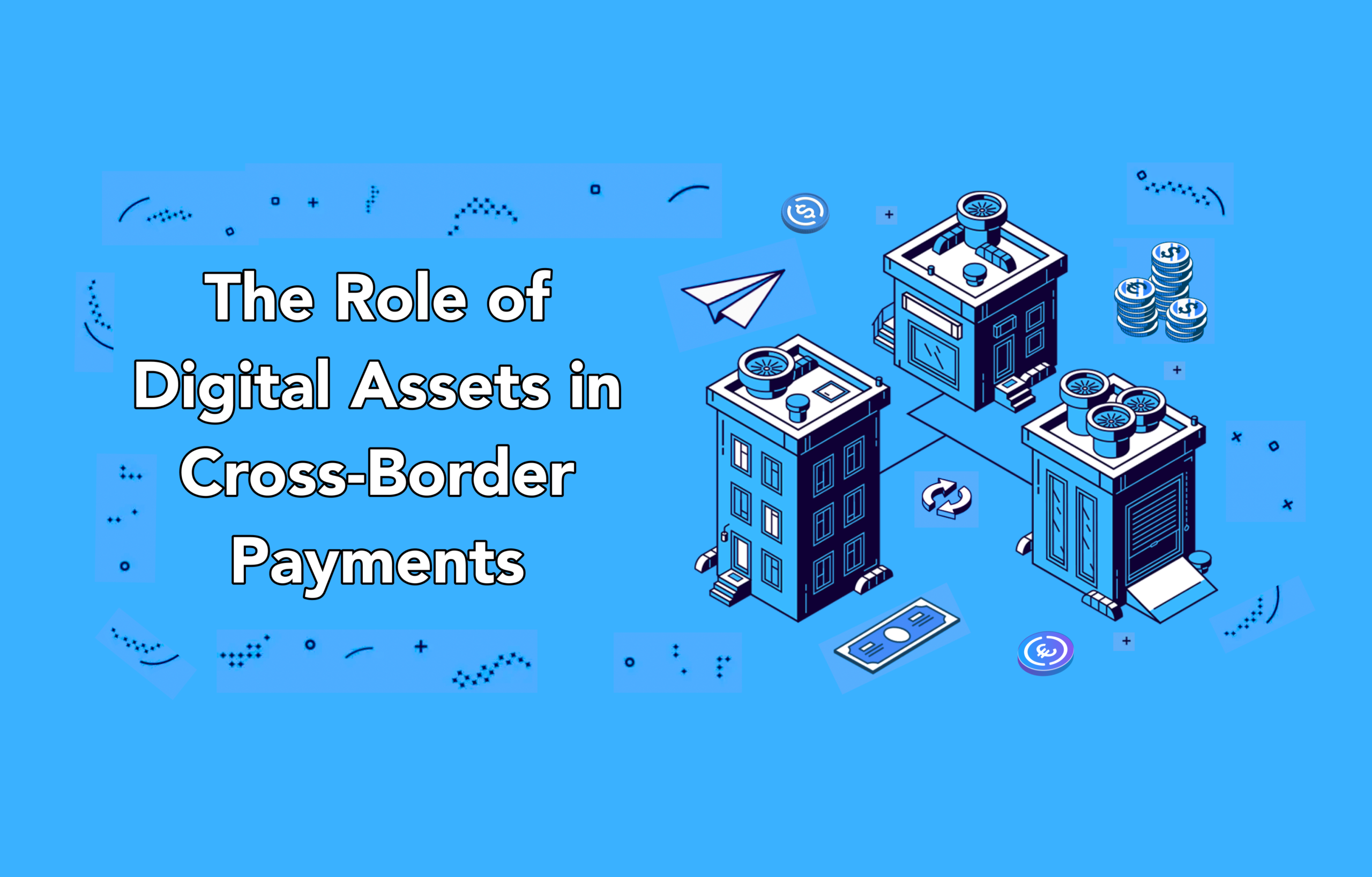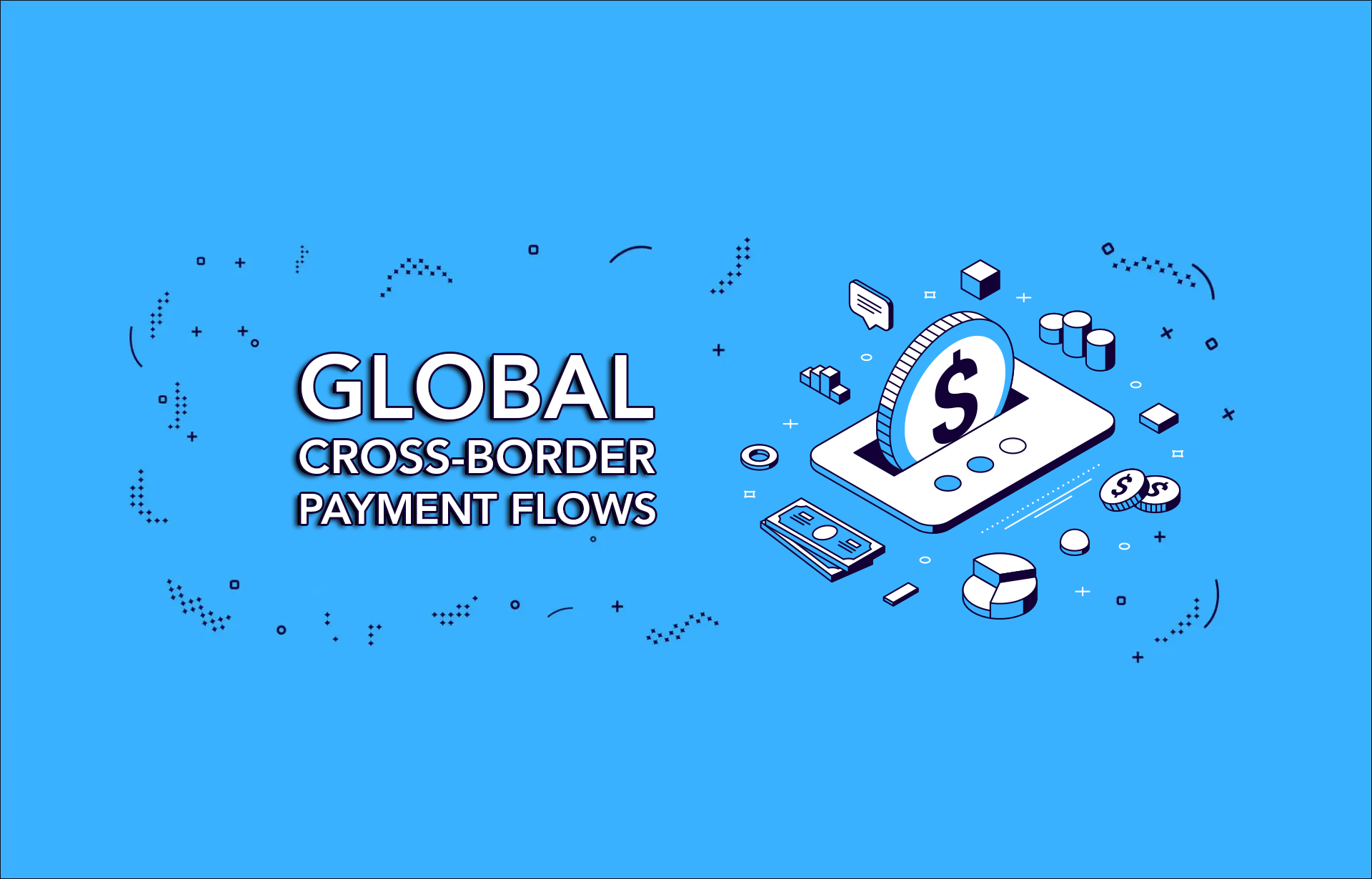The word ‘remittance’, originally coined by the World Bank, refers to the sum of personal money and compensation transfers of migrant workers to their home country, usually for household maintenance purposes. Today, around 800 million people in the world are supported by money sent home by their family members who have migrated for work.[1] Considering that about one in nine people is dependent on remittances to sustain their livelihood globally, their vital importance is undebatable.
After the breakout of COVID-19 in late 2019, a big migration wave across the globe emerged. Workers migrated to other countries and started working remotely for another. While the demographics are still widely changing due to COVID-19, the definition of remittance’s scope has broadened to cover all money sent to the home country from another country in exchange for a job. How remote/virtual freelancers get paid via platforms such as Fiverr and Freelancer.com is also referred to as remittance presently.
Remittance flows have been rapidly increasing over the last decades. They are one of the strong determinants of the overall economic health of low- and middle-income countries,[2] as they make up a significant part of financial inflows. Despite the crashing effect of COVID-19, remittance flows remained remarkably resilient. In 2020, when the crisis, obscurity and death rates had peaked in parallel, officially recorded remittance flows to developing countries only declined by 1.6% below 2019 and remained at $540 billion. However, the true size of them, including the informal flows, is likely to be much larger than the officially reported data.
Despite the widespread use and need for remittances, the global average cost of sending $200 remained high at 6.5% in the last quarter of 2020, more than double the Sustainable Development Goal target of 3% - determined by the UN in 2016 and intended to be achieved by 2030. According to the World Bank, remittance flows to developing countries are expected to increase by 2.6% to $553 billion in 2021 and by 2.2% to $565 billion in 2022. However, considering the high costs of remittance fees, it is not difficult to estimate that the real growth will happen in the informal cross-border transfers.
The class of ‘global citizens’ has never been more crowded before. Today, someone living in Country A works for a company in Country B, and sends money back home to family in Country C. With the rapid growth of the gig economy, expected to be worth $347 billion in 2021[3], and the increased need for financial sustainability across the world, remittances are becoming more vital than ever.
To be able to serve the global citizens of the world, along with their families in need, the finance ecosystem must not only adapt to this shift but also become a driving force of the transition as soon as possible. To support the infrastructure and keep remittances flowing to developing countries, lowering fees, as well as increasing speed and convenience are the foremost issues that need to be tackled.
[1] https://www.un.org/development/desa/en/news/population/remittances-matter.html
[2] https://www.worldbank.org/en/news/press-release/2021/05/12/defying-predictions-remittance-flows-remain-strong-during-covid-19-crisis
[3] https://brodmin.com/case-studies/gig-economy-case-study/



